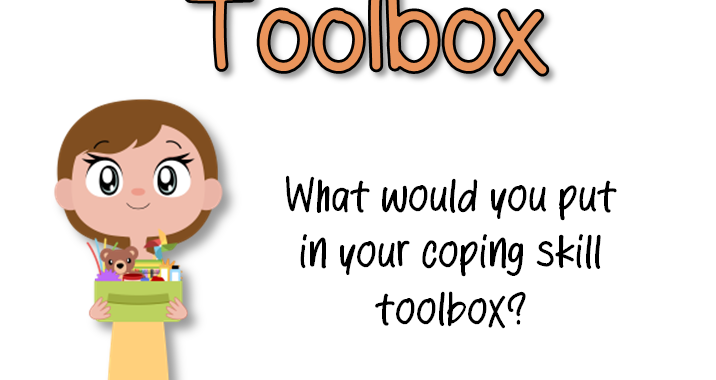
How to Calm Big Emotions is a short story and game that helps children regulate their bodies and emotions. Whether a child is struggling with anger outbursts, anxiety, or excitement with impulse control problems, the same coping skills will help. This small, simple resource is loaded with tools and information to help children with emotional regulation. The book helps children identify different coping skills and provides engaging pictures to help them understand and remember them.
Regardless of the presenting problem, coping skills are a good place to start in the therapeutic process. They provide quick relief to troubling emotions and provide a framework to work from when going deeper into therapy. Without a foundation of coping mechanisms, children are often overwhelmed with emotions when processing trauma or trying to work on family relationships. Additionally, starting with coping skills allows ample time to establish rapport before diving into intrusive thoughts, experiences, and emotions.

In just a few pages, children will learn body awareness, how their thoughts impact their emotions and behaviors, how to regain control of their bodies when triggered, and how to communicate needs. It is phenomenal to see children go from tantrums and aggression to recognizing their triggers and preparing for them. Kids can quickly learn how to manage their emotions with the right information and skills.

When working with clients, I help children assemble a coping skills toolbox on day one of counseling. This equips them with tangible things they can go to when they feel out of control. I stress to them the importance of having many tools in their toolbox, as they might need different skills for different problems. I have identified seven different categories of skills:
Breathing Exercises – Breathing is a go-to coping skill that children can use anywhere. It is easy to do and brings quick relief. Slow deep breathing turns off the fight, flight, or freeze response, which is especially helpful for children who struggle with anger and panic. There are many types of breathing that you can teach with visual supports and even video tutorials.
Relaxation Skills – Kids can use progressive relaxation, bubble baths, or tapping as a way to feel better when they have been feeling out of control.
Distractions – When big emotions are triggered, a distraction can help calm kids down. What you think about will trigger emotions. The more the brain engages with the trigger, the harder it will be for the child to calm down. Any distraction can help get the mind off of the trigger to allow the body time to calm down. This could include watching a tv show, reading a book, doing a puzzle, playing a game…almost anything can work as long as it distracts from the trigger.
Processing Emotions – While distractions help for a while, it is important to take time to process the situation, understand why it caused the emotional reaction, and consider the best ways to respond. If poor choices were made, it is a learning opportunity to identify what went wrong and brainstorm better ways of handling a similar situation in the future.
Exercise – Anger, anxiety, and excitement can result in pent-up energy in the body. Exercise is a positive way to release this energy instead of acting out in aggression. A physical release of energy is also helpful for children who struggle with impulse control problems.
CBT Skills – I am a strong proponent of cognitive behavioral therapy. What you think triggers an emotional response, which leads to action or a certain behavior. If you can change what you think, it changes what you feel and what you do. People often believe irrational or untruthful thoughts that can lead to all sorts of problems. Children can learn how to stop these intrusive thoughts, challenge them, and use replacement thoughts to restructure their thought lives.
Support System – A healthy support system is vital for flourishing in life. A complete coping plan should always include support figures the child can go to for help and comfort when they feel out of control. It is important to consider people in all the places the child spends ample amounts of time such as at home, school, daycare, and even at after-school activities if necessary.
The game helps children to identify skills that will be most useful for them in their daily lives. They will also learn important skills including cognitive behavioral therapy skills. By the end of the game, the child will be equipped with a wide range of coping skills, body awareness, and an idea of how to assertively communicate their needs and emotions.

This resource is simple, yet powerfully effective at helping children regulate big emotions. They will have a robust toolbox full of new skills to help them overcome big challenges in life. Children often feel a great sense of relief when they discover how they can take control of their bodies to stop unwanted emotional responses.
Do you need more games to work on deeper issues? We've got you covered! Be sure to check out our other posts and products. As of now, I have 79 games! I likely have a resource for the issue you may need to address. If not, please feel free to contact me. I am working on new resources all the time.
You can find the hard copy and the telehealth options for this book/game below. As always, I try to keep all of my resources accessible and affordable.

















コメント